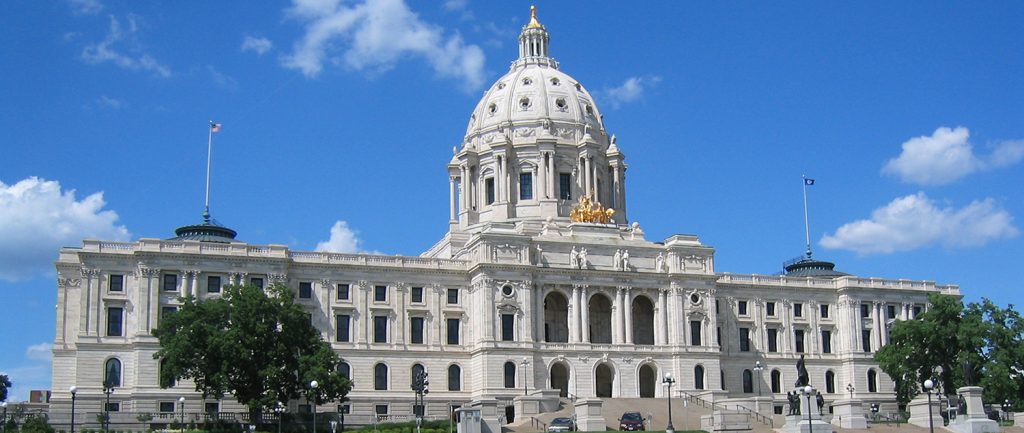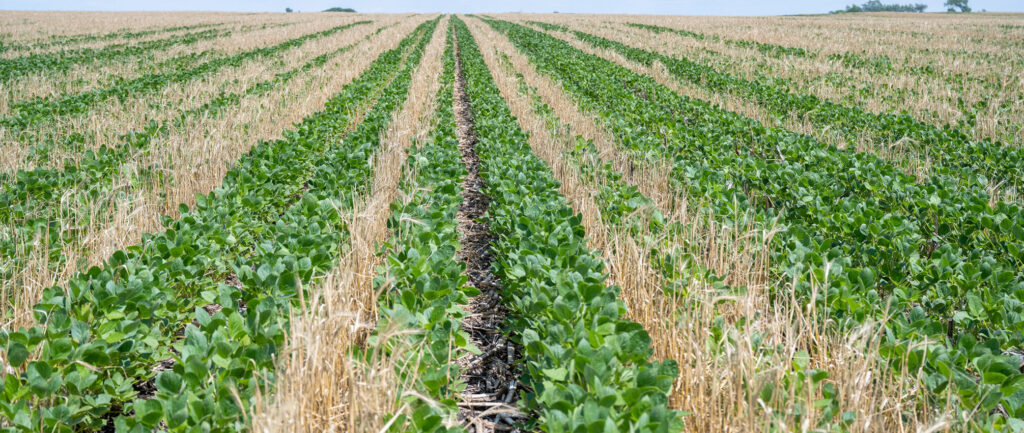With no accounting for refinery exemptions, the proposal rolls back RFS volumes, NBB says
The National Biodiesel Board (NBB) criticized the Environmental Protection Agency’s (EPA) proposed rule for the 2020 Renewable Fuel Standards (RFS) and 2021 Biomass-based Diesel Volume, saying it undermines market growth for biodiesel and renewable diesel. The agency’s proposed advanced biofuel volume of 5.04 billion gallons provides no additional market growth for biomass-based diesel. Similarly, the proposal to set the 2021 biomass-based diesel volume at 2.43 billion gallons — the same as the 2020 volume — flatlines growth for the industry. EPA’s proposal could actually reduce market space for biodiesel and renewable diesel compared to this year, because it does not account for small refinery exemptions.
“EPA’s proposed rule would turn the RFS program on its head. It is likely to reduce America’s use of cleaner, lower-carbon biodiesel and renewable diesel for transportation over the next several years, encouraging more petroleum use,” said Kurt Kovarik, NBB’s Vice President of Federal Affairs.
“The proposal sends a chilling signal to America’s biodiesel and renewable diesel producers of EPA’s intent to limit market growth for cleaner fuels. EPA appears to have simply repeated the previous biomass-based diesel volume of 2.43 billion gallons for 2021 without analyzing our industry’s ability to achieve higher volumes,” Kovarik continued.
“Worse, EPA refuses to reconcile its RFS rules with its small refinery exemption handout spree,” Kovarik added. “EPA Administrator Andrew Wheeler asserts that by law he must grant RFS hardship exemptions to every refiner that asks. Yet in the proposed rule, EPA claims it can’t possibly predict whether oil refineries will once again take advantage of EPA’s open spigot on these handouts. We know that Administrator Wheeler’s public statements and EPA’s calculation of small refinery exemptions in the annual volumes can’t both be true.”
EPA’s calculation of the 2020 annual percentage standards uses 0 as the number of gallons of diesel and gasoline produced by exempt small refineries. For 2015, 2016 and 2017, EPA exempted nearly 28 billion gallons of gasoline and diesel produced by small refineries, without accounting for them in the RFS program. Those exemptions reduced demand for biodiesel and renewable diesel by hundreds of millions of gallons. According to University of Illinois Professor Scott Irwin, the demand destruction for biodiesel and renewable diesel could reach 2.45 billion gallons over the next few years causing a $7.7 billion economic loss for the biodiesel industry.
Kovarik continued, “Even one small refinery exemption has the potential to put a biodiesel plant out of business, impacting hundreds of jobs in the surrounding community. Consider a so-called small refinery such as Exxon’s in Billings, Montana, which reportedly received an RFS hardship exemption. It can process more than 60,000 barrels of oil each day — producing 1.9 million gallons of gasoline and diesel every day and 712 million gallons every year. The annual RFS obligations for that fuel would provide a market for more than 17 million gallons of biodiesel and renewable diesel for the year. There are dozens of biodiesel producers who produce less than that on an annual basis and who could be put out of business.”
Made from an increasingly diverse mix of resources such as recycled cooking oil, soybean oil and animal fats, biodiesel is a renewable, clean-burning diesel replacement that can be used in existing diesel engines without modification. It is the nation’s first domestically produced, commercially available advanced biofuel. NBB is the U.S. trade association representing the entire biodiesel value chain, including producers, feedstock suppliers, and fuel distributors, as well as the U.S. renewable diesel industry.




